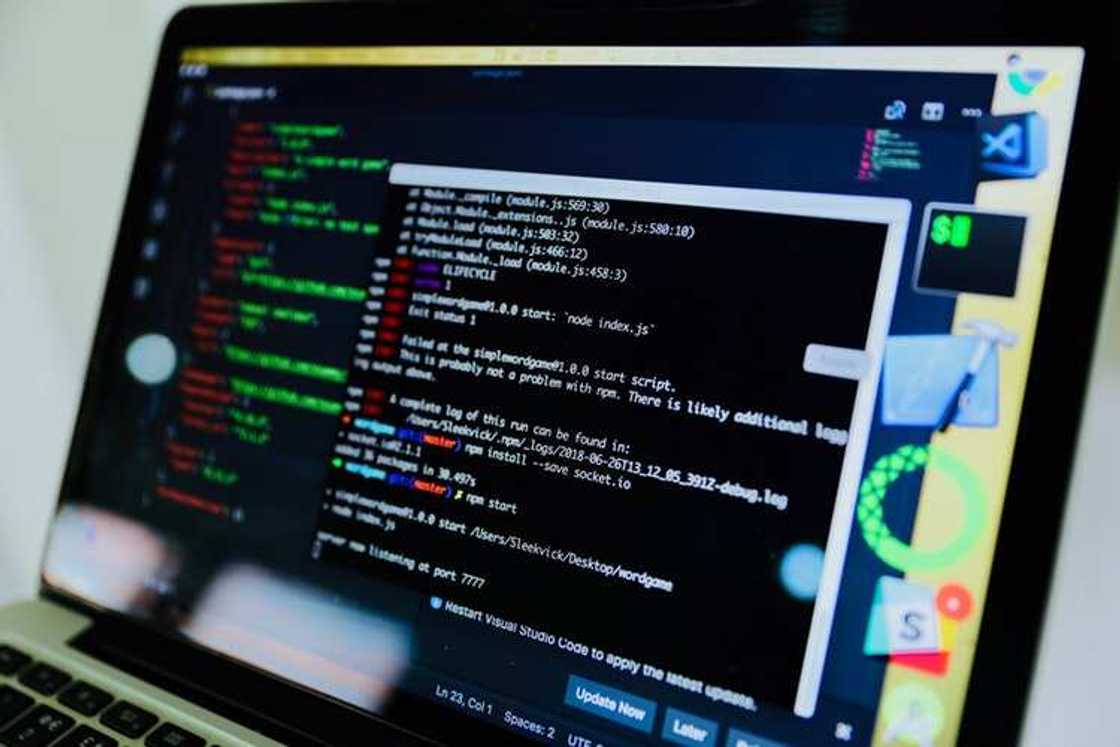Different types of software in a computer
Software refers to computer language. There are different types of software, just as there are different human languages. These software are divided based on their use which comes down to three classifications. Understanding the different types of software makes it easy for you to know with certainty what you are dealing with.

Source: UGC
You interact with your computer using one of the three software mentioned above. In most cases, the application software is the most commonly used. It, however, helps to know what all these software are about.
Different types of computer software
Software can be classified into:
1. System software
This is the type the computer uses in the translation of input from the diverse sources into a language that it understands. In basic terms, the OS makes sure that all the hardware parts of your computer work as they should.
There are several types of OS in the market, with the most common one being the Microsoft one. Windows and Vista are examples of the OS offered by Microsoft Company. These are more stable compared to other vendors. Other OS provided by different people include UNIX which works for large office setups where the networking capacity is extensive. XENIX, which was previously used but is currently redundant. HP machines can also use HP-UX or the AIX OS. Web servers are known to use Apache OS whereas proprietary systems use a variant of UNIX OS.
2. Application software

Source: UGC
This is probably the software that most common or regular computer users get to interact with regularly.Application software is easy to use; it is what allows access and interaction with the computer. One of the most common application software is Microsoft Suites which encompasses Microsoft Word, PowerPoint, and Excel. You probably have used other application software extensively when accessing the internet.
A good example would be Chrome, Internet Explorer or Mozilla Firefox. You can also use Outlook Express to manage your emails. In essence, every type of software used to operate the computer falls under the application category. All interfaces also fall under this category including the media player and anti-virus.
3. Programming language

Source: UGC
This is the category of software in a computer that can only be used by programmers. It is not possible to come across these languages unless you are a programmer. You can best understand these languages as blocks that are used in building OS and applications. Some of these languages are C++, Simlab and Java. Java is useful when it comes to internet applications, whereas developers use C++ in creating OS. PHP is another different language that can be used for internet applications. Mobile apps also use unique programming languages that are light in weight and designed to support mobiles. These categories of software are used to create the first two already described above.
Now that you know the different types of software used in computers, you are better placed to understand how your computer really works.
READ ALSO:
- How to use WhatsApp web on PC
- List of laptop shops in Ghana
- Heavy smartphone users welcome new technology for all-day battery power
- Free browsing in Ghana 2018
Source: YEN.com.gh



